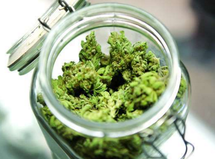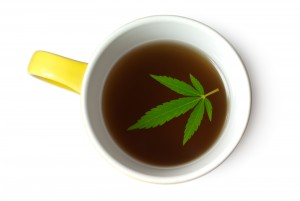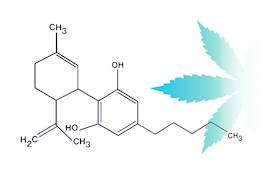|
Some of us may recall the “Just Say No” campaign. It started in 1984, an illustrious year highlighted by George Orwell’s literary depiction of government-industrial control. Emerging across the bay from where I’m just now sitting at Oakland, California’s Longfellow Elementary School, the “Just Say No” campaign was instituted by former actress and first lady Nancy Reagan. Speaking with school children, she introduced the “Just Say No” phrase to deter people from using street drugs, including Cannabis. She subsequently travelled to drug rehab centers, wrote guest articles, and appeared on numerous talk shows promoting the “Just Say No” message. Her relentless marketing caught on and spread internationally.
The “drugs” referenced in the “Just Say No” campaign were illicit drugs. In that era, prescription drugs were not targeted with respect to the medical industry. Fast forward 40 years… The children who heard the former first-lady’s speaking are now middle-aged adults. Prescription drugs are known to cause significant damage. After heart disease and cancer, adverse prescription drug effects are the third leading cause of death in the US and Europe. The Fentanyl overdose epidemic accounts for one in five deaths among young people in California. On the other hand, Cannabis advocates celebrate a 4.5-fold increase in Medical Cannabis from 2016 to 2020. The decade appears associated with a trend toward experimenting with plant-based alternative to health and wellness. Most research on the benefits of Medical Cannabis focuses on specific symptoms, like pain and sleep, or how Cannabis lowers the use of opioid prescriptions. A recent Australian study published in the Journal of the American Medical Association Open Network pivoted, focusing on generalized Quality of Life (QOL) measures among patients enrolled in Medical Cannabis Specialty Clinics. 3,148 patients with an average age of 56 participated in this study; that means they were all children during the “Just Say No” years. Most of the patients had chosen Medical Cannabis due to chronic pain, anxiety, or sleep. The principle investigators evaluated QOL measure every three months up to 15 times over a four-year period. Due to a paucity of clinical trials, it’s difficult to claim that a specific Cannabis formulation or active ingredient treats a specific medical condition. Despite hundreds of active ingredients, THC and CBD are the only FDA approved constituents derived from the Cannabis plant. Meanwhile, there are many multi-agent products being used for a wide variety of symptoms or conditions. It’s what our research group terms, the “many to many problem”. Our solution casts a wide net, initiating broad generalized studies to determine what patients use and how the Cannabis products affect Quality of Life. This study does just that. The study used a 36-item short form health survey with 8 distinct scales including questions on physical activity, mental health, social activities, vitality, pain, and general perception of health. Most of the participants were ingesting capsules with varied concentrations of THC and CBD. Very few also reported smoking the Cannabis flower. Starting at low doses and increasing to optimum effect, the average CBD dose climbed to 72 mg per day and stayed relatively the same throughout the four years. The mean THC dose increased throughout the four years from 6.5 to 25.8 mg per day. By the end of the study, only two serious adverse events were noted. QOL scores range from 0-100, where a 10-point change is considered clinically significant. These results demonstrated improvement in QOL with scales ranging from 6.6 to 18.31 of baseline. The results were consistent with similar observational studies. The results indicate that Cannabis effects are significantly greater in some scales than might be seen in traditional clinical trials. Double-blind, randomized trials are best used to evaluate specific formulations for specific indications. The observational studies use a broader view and establish that patients use Medical Cannabis in dose-dependent fashion because the benefits of use exceed the harms. Nancy Reagan died on March 6, 2016, a couple of years before this most recent Medical Cannabis study launched. Would she have said yes to Medical Cannabis after reading these results? In hindsight, the fundamental lesson should be that actresses, politicians, and government regulators are not always the best resource for improving Quality of Life. The community discovered Medical Cannabis despite contradictory rhetoric and traditional evidence. Community derived information is a pertinent resource. When it comes to Medical Cannabis the best advice might be to “Just Say Yes”. |
AuthorJean Talleyrand, M.D., Archives
September 2023
Categories |
Mailing Address: MediCann 1336 Willard Street, C • San Francisco, CA 94117
Important Disclaimer!
The information contained in this site does not intend to replace any medical advice or care by a trained physician.
Any use of this information is solely the the responsibility of the user.
Important Disclaimer!
The information contained in this site does not intend to replace any medical advice or care by a trained physician.
Any use of this information is solely the the responsibility of the user.
© COPYRIGHT 2015. ALL RIGHTS RESERVED.


 RSS Feed
RSS Feed


